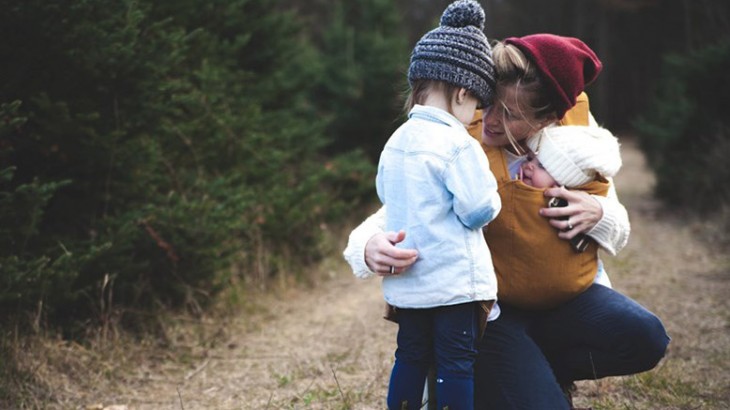Behind the MASK

Our charity partner, Action for Children, has been sharing vital information to help parents spot tell-tale signs should they become concerned about their child’s mental health.
75% of adults who have mental health problems first experienced them by the time they were 18-years-old. There are lots of changes in the behaviour in young people as they grow up. While many of these come with the territory of teenage life, altogether, they could be pointing to mental health conditions like depression and anxiety.
Teenagers can often be moody and uncommunicative, making mental health issues more difficult to spot. Trust your instincts and if you do suspect something isn’t right, remember to look for the symptoms behind the M.A.S.K.
Action for Children's M.A.S.K acronym is a simple symptoms checker, helping you understand the signs and behaviours that could point to a child or young person needing support to maintain their mental wellbeing through their teenage years and into adulthood.
- M is for mood - They get excessively irritable, argumentative or aggressive towards you. They may blame you if things go wrong. Watch out for sleeping and eating patterns changing
- A is for actions - They suddenly appear especially bored, lonely or withdrawn or they start to get into trouble. Watch out for signs of bullying, alcohol, drugs and other forms of self-harm
- S is for social - Losing interest in friends and other things they liked to do or missing school are common warning signs. Check out how much time they’re spending on phones and social media
- K is for keep talking - Refusing to talk about how they’re feeling is common. But keep listening and keep trying. When they do open up, make sure they know there’s someone there who really cares. Help is on hand for you too.
If you suspect something isn’t right, please visit www.actionforchildren.org.uk/sooner for more information on how to understand some of the feelings your child is experiencing. You can also find coping mechanisms and techniques used by Action for Children's Blues Busters, and other helpful links.



